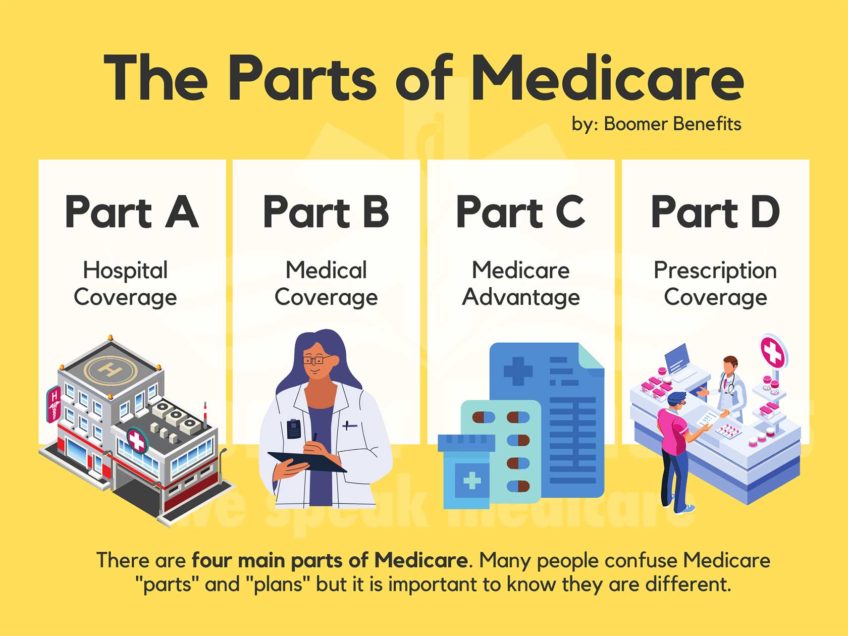Earlier this week, Mayor Thomas M. Menino, the American Heart Association and 10 Boston-area hospitals announced a new effort to reduce the consumption of soda and sugar-sweetened beverages in the city.
Under the leadership of the Boston Public Health Commission, hospitals have pledged to remove high-sugar beverages from their premises and replace them with more nutritious options; install free water dispensers; display red, yellow and green stoplight symbols on beverages to indicate their nutrition value; and educate patients and staff about healthy beverage choices.
“I have been concerned for years about the impact of obesity and especially about children and youth drinking sugary beverages like soda, sports drinks and energy drinks,” Menino said in a statement. “My vision is to make the city of Boston a model for making the healthy choice the easy choice. I commend these ten hospitals and the Public Health Commission for their leadership and for taking on the challenge of creating healthier environments for patients, staff and visitors.”
The new initiative is one of many programs Boston has undertaken in an effort to curb soda consumption. Last spring, Mayor Menino issued an order to end the sale of sugary drinks on city property, and eight years ago, Boston Public Schools banned the sale of sugary drinks — including soda, sport drinks and fruit juices — on campuses.
And the efforts seem to be working. A study published in the Centers for Disease Control and Prevention’s journal, “Preventing Chronic Disease,” tracked high school students for two years after the ban was implemented, and showed that sugar-sweetened beverage consumption — both inside and outside school — fell.
In 2004, when sugary drinks were removed from schools, students were drinking an average of 1.71 servings each day, and by 2006, that average fell to 1.38 servings. That difference adds up to about 45 calories each day. What’s more, the decline in Boston defied national trends, where rates of sugary beverage consumption among high schoolers have stayed virtually the same.
The CDC has recently reported that half of all Americans drink some type of soda or sugar-sweetened beverage each day. At about two cans per day, teen boys between the ages of 12 and 19 reportedly drink the most, while African Americans get more calories from sugary beverages than any other racial or ethnic group.
Packed with up to 140 calories and 12 teaspoons of sugar per can, soda has long been linked to chronic diseases such as obesity and type 2 diabetes. Researchers from Children’s Hospital in Boston and Harvard’s School of Public Health showed that with each additional serving of sugar-sweetened beverages, Massachusetts public school students experienced weight gain and increased body mass index (BMI).
“Although the cause of this apparent obesity epidemic is likely to be multi-factorial,” they concluded, “our findings suggest that sugar-sweetened drink consumption could be an important contributory factor.”
Another study published in the Journal of the American Medical Association showed that women who consumed more than one sugar-sweetened soft drink per day were at higher risk for type 2 diabetes, and gained more weight than women who consume less than one drink per month.
Nancy Brown, CEO of the American Heart Association, Boston’s effort to eliminate sugary beverages from hospitals.
“Together, the 10 participating hospitals, the Boston Public Health Commission and the city of Boston have influenced a shift toward healthier lifestyle choices,” she said. “By restricting or eliminating access to sugar-sweetened beverages, they have been willing to make the first move in a process with great potential to improve nutritional choices in their communities. Throughout the United States, there is no precedent for what they’ve done as a collaborative.”
“Hospitals play a critically important role in public health, not only in delivering high quality medical care once people are sick, but in setting norms about how we can all live healthier lives and prevent disease in the first place,” said Paula Johnson, cardiologist at Brigham and Women’s Hospital and chair of the Boston Public Health Commision’s Board of Health. “As leading institutions in our community, hospitals should be environments where making the healthy choice is the easy choice for patients, visitors and staff.”


![Banner [Virtual] Art Gallery](https://baystatebanner.com/wp-content/uploads/2024/04/Cagen-Luse_Men-at-store-e1713991226112-150x150.jpg)



